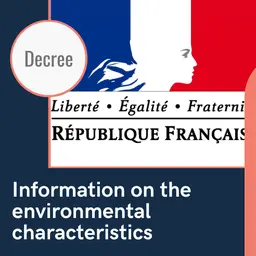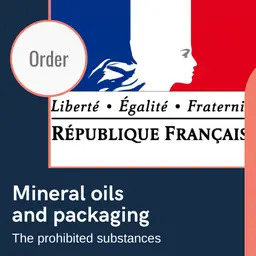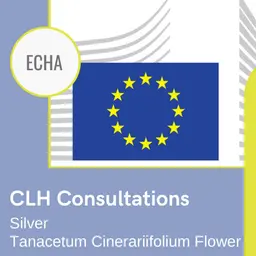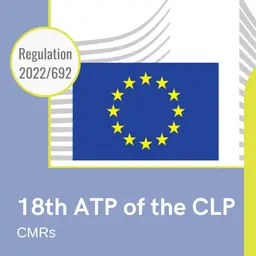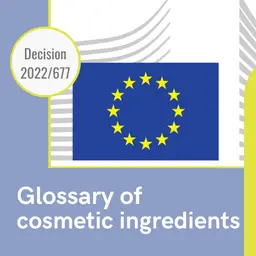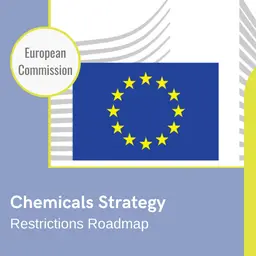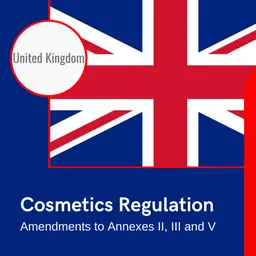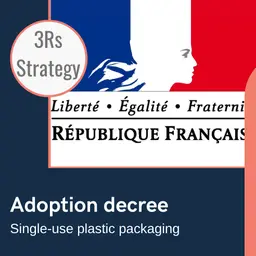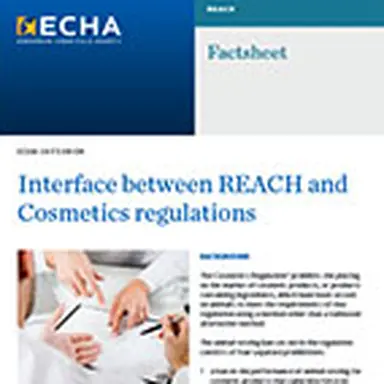
How will it be possible to reconcile, for the same ingredient, the ban on animal experimentation in the Cosmetics Regulation with REACH obligations? On 27 October 2014, ECHA (the European Chemicals Agency) published, on its website, a factsheet to clarify the interface between these two regulations. Sylvie Gallage-Alwis, a lawyer at the Hogan Lovells firm, sheds light on the situation.
Article 18 of Regulation 1223/2009 on cosmetics prohibits the placing on the market of cosmetic products tested on animals or cosmetic products containing ingredients tested on animals.
This creates problems when the relevant ingredients are also subject to REACH (regulation on the registration, evaluation, authorization, and restriction of chemicals), which has been in force since 1st June 2007. This poses the question of which regulation takes precedence, and whether a manufacturer could argue in favour of placing on the market a cosmetic product tested on animals because testing an ingredient under REACH is required.
On 27 October 2014, ECHA (the European Chemicals Agency) published, on its website, a factsheet to clarify the interface between these two regulations.
According to this factsheet:
• Registrants of substances that are used exclusively in cosmetic products cannot use REACH requirements as a justification to test these substances on animals even if the goal is to determine their effects on human health. The only exception is the need to assess the risks to workers exposed to the substances.
• Registrants of substances that are not used solely in cosmetic products are permitted to test them on animals, as a last resort, to determine their effects …

